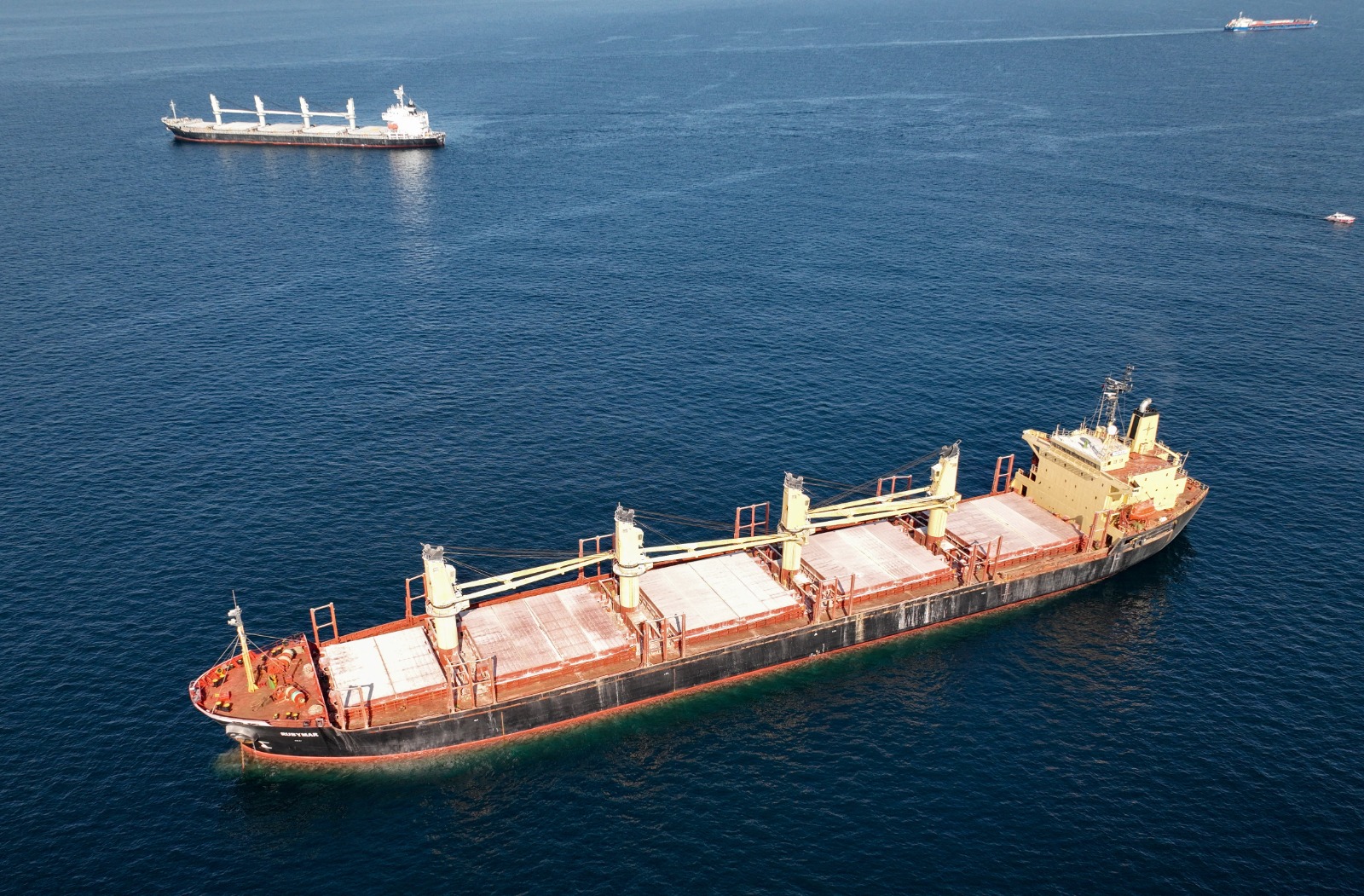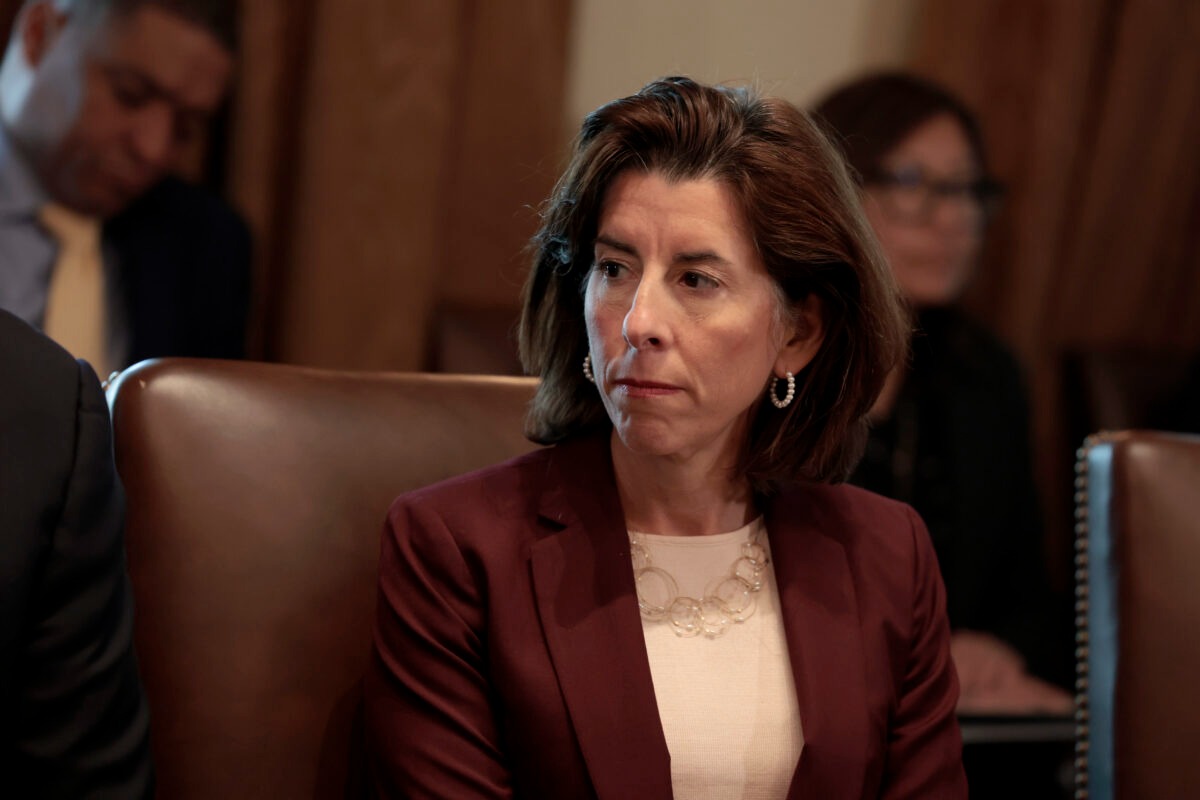Once hailed as Europe’s breadbasket, Ukraine’s agricultural sector is battling adversity after the collapse of a crucial Black Sea agreement. The nation’s famed grain industry has been grappling with the aftermath of Russia’s withdrawal from a pact ensuring secure grain ship passages across the Black Sea. In the midst of this crisis, farmers and exporters are reimagining survival strategies, seeking innovative ways to keep Ukraine’s agricultural legacy alive.
Overseas Markets Thrive on Ukraine’s Bounty
Ukraine’s vast agricultural landscape spans over 20,000 square kilometers, with farming covering more than seventy percent of its terrain. Renowned not only for wheat but also as the world’s leading supplier of sunflower oil, the country’s agricultural prowess extends to exports like corn, soybeans, potatoes, and barley. Before hostilities erupted in February the previous year, Ukraine’s agricultural exports were a substantial $27.8 billion annually, constituting a significant 41 percent of total export trade. Primary global customers include China, Türkiye, Nigeria, and Egypt, which annually imports over five billion dollars worth of Ukrainian grain.
Fallout of Black Sea Deal Collapse Hits Home
Conversations with Ukrainian farmers and exporters reveal the harrowing impact of Russia’s exit from the Black Sea accord. Volodymyr Varbanets, a farmer from the Odesa region, details the severe consequences: “The war has ravaged my farm and countless others across Ukraine. In Odesa, crop prices plummeted by fifty percent, while fuel and fertilizer costs surged by the same margin.” The resulting trade disruption and inadequate storage have led to a local grain surplus. Lack of grain silos on most farms further exacerbates this issue, as many rely heavily on port facilities.
Resilience and Innovation Shape a New Path
Amid these challenges, Ukrainian farmers are demonstrating resilience. Dymytro Barnov of the Ukrainian Sea Ports Authority recounts the nation’s commitment, noting the continuous sowing of crops despite adversity. Alla Stoyanova, head of food policy at Odesa’s State administration, emphasizes diversification as a way forward. “We’re focusing on horticulture, cultivating berries and vegetables, and implementing irrigation systems,” she asserts. Additionally, Ukraine is crafting a humanitarian corridor in the Black Sea, seeking alternative routes for cargo ships. The successful passage of the “Joseph Schulte” to Istanbul marks a triumph, with hopes of further successful voyages to alleviate port congestion.
As the clock ticks, Ukraine’s agricultural future hangs in the balance. While the nation’s farmers, leaders, and stakeholders ardently work to counteract adversity, the toll on many remains imminent. Volodymyr Varbanets cautions that a significant portion of farmers may face bankruptcy by 2024, resulting in barren lands overgrown with weeds. As Ukraine strives to reimagine its agricultural narrative, the world watches closely, hoping for innovation to prevail in the face of daunting challenges.















